September 26, 2017 | David Kohn
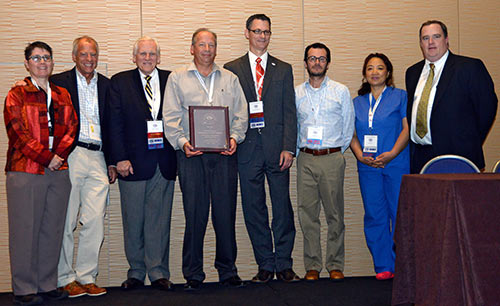
Innovative Lifesaving Program Is Among the Nation’s Best
A heart and lung resuscitation program at University of Maryland Medicine (UMM) has been recognized for its elite level of care by a leading group in the field.
UMM’s Extracorporeal Membrane Oxygenation (ECMO) Program has received the Gold Level Award for Excellence in Life Support from the Extracorporeal Life Support Organization, (ELSO). ECMO is a technique that re-oxygenates blood when patients’ heart or lungs no longer work well enough to do so on their own. ELSO is an international non-profit consortium of health care institutions dedicated to the development, evaluation and improvement of ECMO and other innovative life-support therapies. The award recognizes programs around the world that achieve excellence in ECMO.
The ELSO Award for Excellence in Life Support is valid for three years, until September 2020. The award will be formally given during the 28th Annual ELSO Conference September 24-27, 2017 in Baltimore.
ECMO used to treat many different conditions. In patients whose hearts are severely weakened, the technique is essentially a simplified version of heart bypass surgery, and effective placeholder until bypass surgery can occur. It is also used in acute respiratory distress syndrome (ARDS), a lung condition that leads to low oxygen levels in the blood. In addition, UMM has pioneered the use of ECMO in severe flu cases. In many patients with this condition, a ventilator alone can’t support lung function. In some cases, it is used in pediatric patients as well.
UMM is a world leader in this technique. It has offered ECMO since 2009, and has the third-largest program in the country.
To be awarded this prize, departments must demonstrate elite achievement in evidence-based patient care; in training, education, collaboration, and communication supporting ELSO guidelines; and in commitment to high quality standards, specialized equipment and supplies, defined patient protocols, and advanced education of staff.
“This is a fantastic achievement,” said Jay A. Menaker, MD, Professor in the UM SOM Department of Surgery and Medical Director of the Lung Resuscitation Unit. “All of our staff has worked very hard to reach this level of care and expertise, and this award underscores that commitment.”
The program is also led by Daniel L. Herr, MD, Associate Professor in the Department of Medicine and Director of Cardiac Surgery in the Heart-Lung Transplant ICU. He is also chair of ECMO advisory committee, which decides which patients should receive the treatment. The program is also managed by Raymond Rector, CCP, LP, the lead perfusionist in the ECMO Program.
“ECMO can be a powerful tool to save patients’ lives,” said Dr. Herr. “Whether the problem starts with the heart, the lungs or elsewhere, we believe that ECMO can make an enormous difference for many patients.”
“ELSO is a true benchmark in our field,” said Zachary N. Kon, MD, Assistant Professor of Surgery at UM SOM and lead cardiac surgeon in the ECMO program. “For everyone on the staff, this honor means a great deal.”
In recent years, UMM has expanded its services in this area. In 2014, it launched the Lung Healing Center, which provides comprehensive treatment for transplant patients who need major care prior to receiving donor lungs. The center offers innovative therapies to help patients with life-threatening lung disease: UMMC holds the record for the longest ever use of the treatment, 155 days; the patient survived. In these patients, ECMO is typically used for around three weeks.
“We greatly value the expertise of the ECMO team and are privileged to offer ECMO to some of our most critically ill patients,” says UMMC President and CEO Mohan Suntha, MD, MBA. “We extend our sincere thanks and congratulations to the entire patient care team of physicians, nursing specialists, physical and respiratory therapists and perfusionists who collaborate every day to make the high quality of our ECMO program possible.”
“Our lung resuscitation and treatment is among the elite programs not only in this country but around the world,” said UM SOM Dean E. Albert Reece, MD, PhD, MBA, who is also the vice president for Medical Affairs, University of Maryland, and the John Z. and Akiko K. Bowers Distinguished Professor. “This recognition only serves to highlight our sterling reputation. I know that our doctors and other healthcare professionals in this field will continue to provide only the highest standard of care and to remain on the cutting-edge of what they do.”
About the University of Maryland School of Medicine
Commemorating its 210th Anniversary, the University of Maryland School of Medicine was chartered in 1807 as the first public medical school in the United States. It continues today as one of the fastest growing, top-tier biomedical research enterprises in the world -- with 43 academic departments, centers, institutes, and programs; and a faculty of more than 3,000 physicians, scientists, and allied health professionals, including members of the National Academies of Science, Engineering and Medicine, and a distinguished recipient of the Albert E. Lasker Award in Medical Research. With an operating budget of more than $1 billion, the School of Medicine works closely in partnership with the University of Maryland Medical Center and Medical System to provide research-intensive, academic and clinically-based care for more than 1.2 million patients each year. The School has over 2,500 students, residents, and fellows, and nearly $450 million in extramural funding, with more than half of its academic departments ranked in the top 20 among all public medical schools in the nation in research funding. As one of the seven professional schools that make up the University of Maryland, Baltimore campus, the School of Medicine has nearly 7,000 total employees. The combined School and Medical System (“University of Maryland Medicine”) has a total budget of $5 billion and an economic impact of nearly $15 billion on the state and local community. The School of Medicine faculty, which ranks as the 8th-highest public medical school in research productivity, is an innovator in translational medicine with 600 active patents and 24 start-up companies. The School works locally, nationally, and globally, with research and treatment facilities in 36 countries around the world. Visit medschool.umaryland.edu/
About the University of Maryland Medical System
The University of Maryland Medical System (UMMS) is a university-based regional health care system focused on serving the health care needs of Maryland, bringing innovation, discovery and research to the care we provide and educating the state’s future physician and health care professionals through our partnership with the University of Maryland School of Medicine and the UM Schools of Nursing, Pharmacy, Social Work and Dentistry in Baltimore. As one of the largest private employers in the State, the health system’s 25,000 employees and 4,000 affiliated physicians provide primary and specialty care in more than 150 locations and at 14 hospitals. UMMS’ flagship academic campus, the University of Maryland Medical Center in Baltimore, is recognized regionally and nationally for excellence and innovation in specialized care. Our acute care and specialty rehabilitation hospitals serve urban, suburban and rural communities and are located in 13 counties across the State. In addition, UMMS operates health insurance plans serving Medicare and Medicaid members. For more information, visit www.umms.org.
Learn More
Contact
Office of Public Affairs
655 West Baltimore Street
Bressler Research Building 14-002
Baltimore, Maryland 21201-1559
Contact Media Relations
(410) 706-5260
Related stories
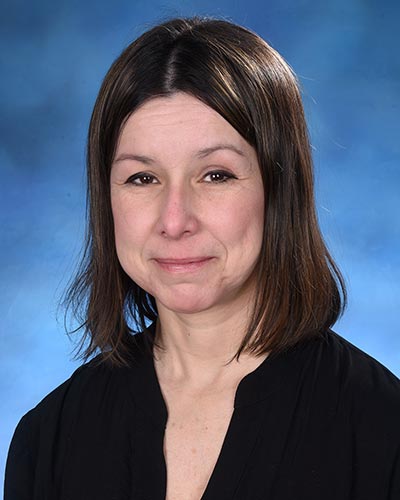
Friday, December 15, 2023
UMSOM Researchers Discover First Ever Link Between Hemoglobin-Like Protein and Normal Cardiac Development
In a landmark study led by the University of Maryland School of Medicine, researchers discovered for the first time that a certain kind of protein similar to hemoglobin, called cytoglobin, plays an important role in the development of the heart. Specifically, it affects the correct left-right pattern of the heart and other asymmetric organs. The findings, published today in the journal Nature Communications, could eventually lead to the development of new therapeutic interventions to alter the processes that lead to these defects.

Monday, June 14, 2021
Study Links COVID-19 Public Health Efforts to Dramatic Drop in COPD Hospitalizations
Researchers at the University of Maryland School of Medicine (UMSOM) analyzed data at the 13-hospital University of Maryland Medical System (UMMS) and found public health measures designed to reduce the spread of the COVID-19 virus may have fostered a substantial side benefit: Hospital admissions for chronic obstructive pulmonary disease (COPD) were reduced by 53 percent, according to a new study published in The American Journal of Medicine. This is likely due to a drop in circulating seasonal respiratory viruses such as influenza.
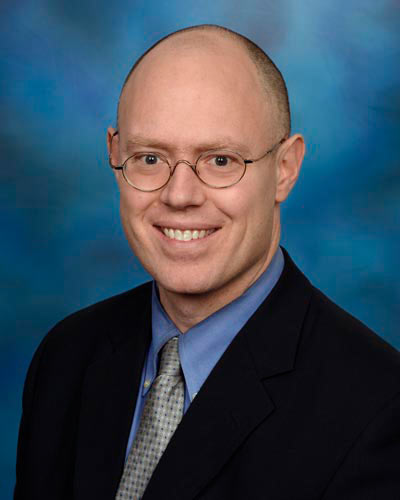
Wednesday, November 15, 2017
Study: Process Used to Select Lung Transplant Patients May Need to be Changed
With a limited number of lungs available, deciding who gets a transplant can be a matter of life or death. New research from the University of Maryland School of Medicine (UMSOM) suggests that the system for choosing transplant recipients in chronic obstructive pulmonary disease (COPD) may underestimate how long a person might survive without a lung transplant and therefore, may mislead clinicians.
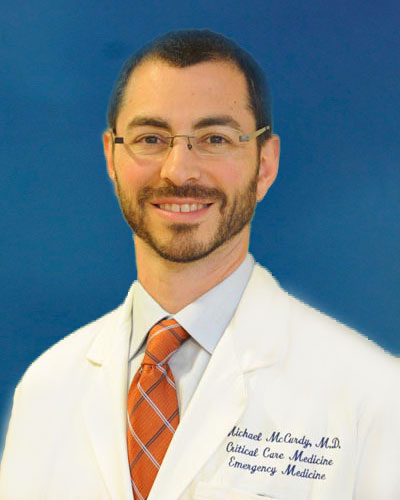
Monday, September 11, 2017
New Study Shows Novel Collaborative Intensive Care Can Significantly Improve Treatment for Heart Patients – and Cut Costs
Researchers at the University of Maryland School of Medicine (UM SOM) have found that a new, collaborative treatment model for seriously ill heart patients with breathing difficulties results in better care and lower costs.
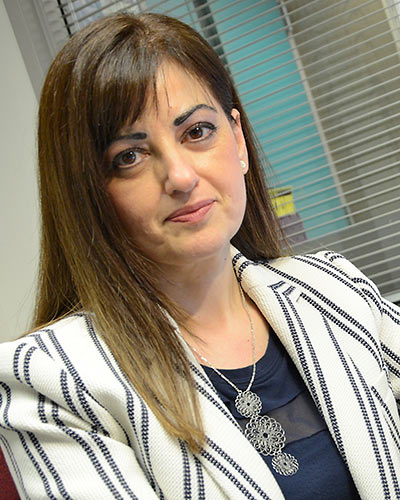
Wednesday, June 07, 2017
University of Maryland School of Medicine Researchers Identify Gene That May Play a Central Role in Heart Disease
Heart disease kills more than 600,000 Americans every year, which translates to more than one in every four deaths. Although lifestyle choices contribute to the disease, genetics play a major role. This genetic facet has remained largely mysterious. But new research by scientists at the University of Maryland School of Medicine (UM SOM) has identified what may be a key player: a mutated gene that leads to irregular heartbeat, which can lead to a dangerously inefficient heart.
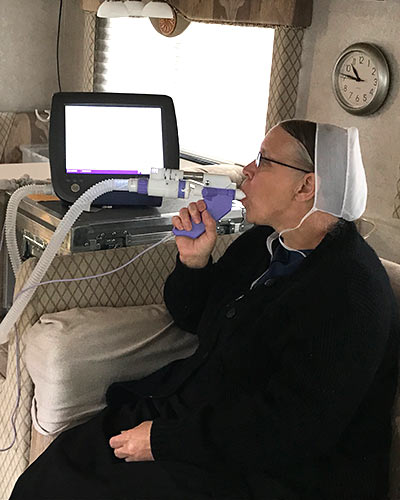
Friday, May 05, 2017
Secondhand Smoke Ups Heart Disease in Unique Group of Female Nonsmokers – Amish Women
New research at the University of Maryland School of Medicine (UM SOM) has found that secondhand smoke tends to have somewhat different effects on men and women. The research, conducted in a Pennsylvania Amish community where virtually no women smoke, found that women who were exposed to secondhand smoke had a greater risk for cardiovascular disease, while men exposed to secondhand smoke tended to have a higher body mass index (BMI).
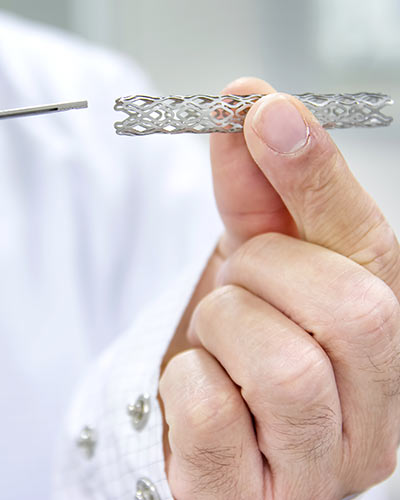
Wednesday, January 11, 2017
University of Maryland Medical Center Offers Genetic Testing as Standard of Care to Help Improve Outcomes for Heart Stent Patients
The University of Maryland Medical Center (UMMC) is now offering a simple genetic test to patients who receive heart stents to determine whether they have a genetic deficiency that affects how they respond to a common drug to prevent blood clots. Patients are typically given the medication, clopidogrel, to prevent cardiovascular events after having a stent placed in a coronary artery to treat a blockage.
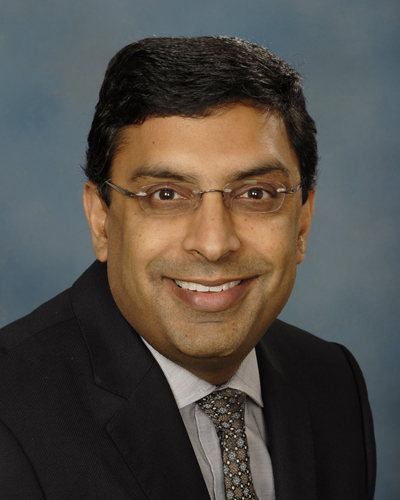
Tuesday, December 20, 2016
First U.S. Babies Treated in Unique Study of Adult Stem Cell Therapy for Congenital Heart Disease
In a first-in-children randomized clinical study, medical researchers at the University of Maryland School of Medicine (UM SOM) and the Interdisciplinary Stem Cell Institute (ISCI) at the University of Miami Miller School of Medicine have begun testing to see whether adult stem cells derived from bone marrow benefit children with the congenital heart defect hypoplastic left heart syndrome (HLHS).
